Hulk Hogan, born Terry Gene Bollea on August 11, 1953, in Augusta, Georgia, became synonymous with professional wrestling, captivating fans across the world for decades with his larger-than-life persona. His influence transformed not only his career but also the global landscape of wrestling entertainment. This article will delve into Hulk Hogan’s life, career milestones, remarkable achievements, and a concise history of wrestling itself—providing a comprehensive, geo-friendly, and engaging resource for wrestling enthusiasts and new fans alike.
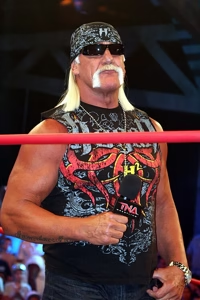
Early Life and The Beginning of a Legend
Terry Bollea’s athletic journey began long before he stepped into the spotlight. After developing a passion for wrestling, he began his professional career in 1977 under the training of Hiro Matsuda. Adopting the stage name “Hulk Hogan,” his imposing frame (standing 6 feet 8 inches tall) and unmistakable charisma made him an instant attraction.
Hulk Hogan’s Wrestling Career: From Hulkamania to Hollywood
Rise to Fame in WWE (Formerly WWF)
Hulk Hogan’s true breakthrough came in December 1983 when he joined the World Wrestling Federation (WWF, now WWE). Defeating The Iron Sheik in 1984, Hogan claimed his first WWF World Heavyweight Championship, giving birth to the era of “Hulkamania.” His flashy moves, iconic bandana, and positive messages of training, saying prayers, and eating vitamins resonated with millions, making him a household name.
During the 1980s, Hogan headlined eight of the first nine WrestleManias, most notably slamming André the Giant at WrestleMania III in 1987—a moment known as the “slam heard ‘round the world.” He became a five-time WWF Champion during this period, holding one reign for an unprecedented 1,474 days.
World Championship Wrestling (WCW) and The nWo Era
In 1994, Hogan shocked the world by signing with rival promotion WCW, where he won the WCW World Heavyweight Championship six times. Reinventing himself as the heel “Hollywood” Hogan, he co-founded the villainous New World Order (nWo) faction alongside Kevin Nash and Scott Hall in 1996. This dramatic persona shift revitalized his career and played a pivotal role during wrestling’s “Monday Night War” era.
Returns, Hall of Fame, and Later Years
Hogan returned to WWE in 2002, adding a sixth WWE Championship to his résumé before departing again. He was first inducted into the WWE Hall of Fame in 2005, and a second time in 2020 as a member of the nWo. Hulk Hogan remained visible in pop culture through acting, reality TV (Hogan Knows Best), and various business ventures.
Hulk Hogan passed away on July 24, 2025, in Florida, leaving behind a monumental legacy for global wrestling fans.
Major Achievements of Hulk Hogan
- 12-Time World Champion: Six WWE Championships, six WCW World Heavyweight Championships.
- Royal Rumble Winner: First wrestler to win back-to-back Royal Rumble matches (1990, 1991).
- WrestleMania Icon: Headlined eight out of the first nine WrestleManias.
- Hall of Fame Inductee: WWE Hall of Fame (2005, 2020—as part of nWo).
- Cultural Impact: Helped launch “Hulkamania,” bringing professional wrestling to mainstream pop culture.
- Longest WWE Championship reign of the modern era: 1,474 days.
Hulk Hogan’s Legacy and Impact
Hulk Hogan’s ability to draw immense crowds, including the record-setting 93,173 fans at the Pontiac Silverdome for WrestleMania III, solidified his place as the most recognized wrestling star in history. Hogan’s charisma and mainstream appeal paved the way for wrestlers to transcend the sport into television, movies, and global branding, helping to secure wrestling’s prominence as both a sport and entertainment phenomenon.
Brief History of Hulk Hogan Wrestling
Ancient Roots
Wrestling is one of the world’s oldest sports, dating back over 15,000 years with depictions in French cave paintings and scenes featured in ancient Egyptian and Babylonian art. In ancient Greece, wrestling was a central part of the original Olympic Games, and it continued to thrive through Roman times.
Modern Developments
The modern era saw the emergence of regulated amateur wrestling styles such as Greco-Roman and freestyle during the 19th century. In the 20th century, wrestling evolved into an entertainment powerhouse, particularly with the advent of organizations like WWE, which combined athleticism with storytelling and showmanship to capture a global audience.
Hulk Hogan in India
Hulk Hogan’s influence extended far beyond American borders. Indian wrestling fans experienced his matches through satellite TV in the 1990s and 2000s, inspiring generations and helping wrestling gain a massive following in the Indian subcontinent—a phenomenon still felt today
**Disclaimer:
The images used in this article were sourced from the internet and may be subject to copyright. We have made efforts to use images that are free to use or properly attributed; however, if you own the rights to any image used and believe it has been included without permission, please contact us for prompt removal.
The content of this article has been created with the assistance of Perplexity AI to provide accurate and informative information. Despite best efforts, some data or representations may be subject to change or interpretation.**

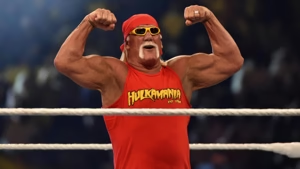














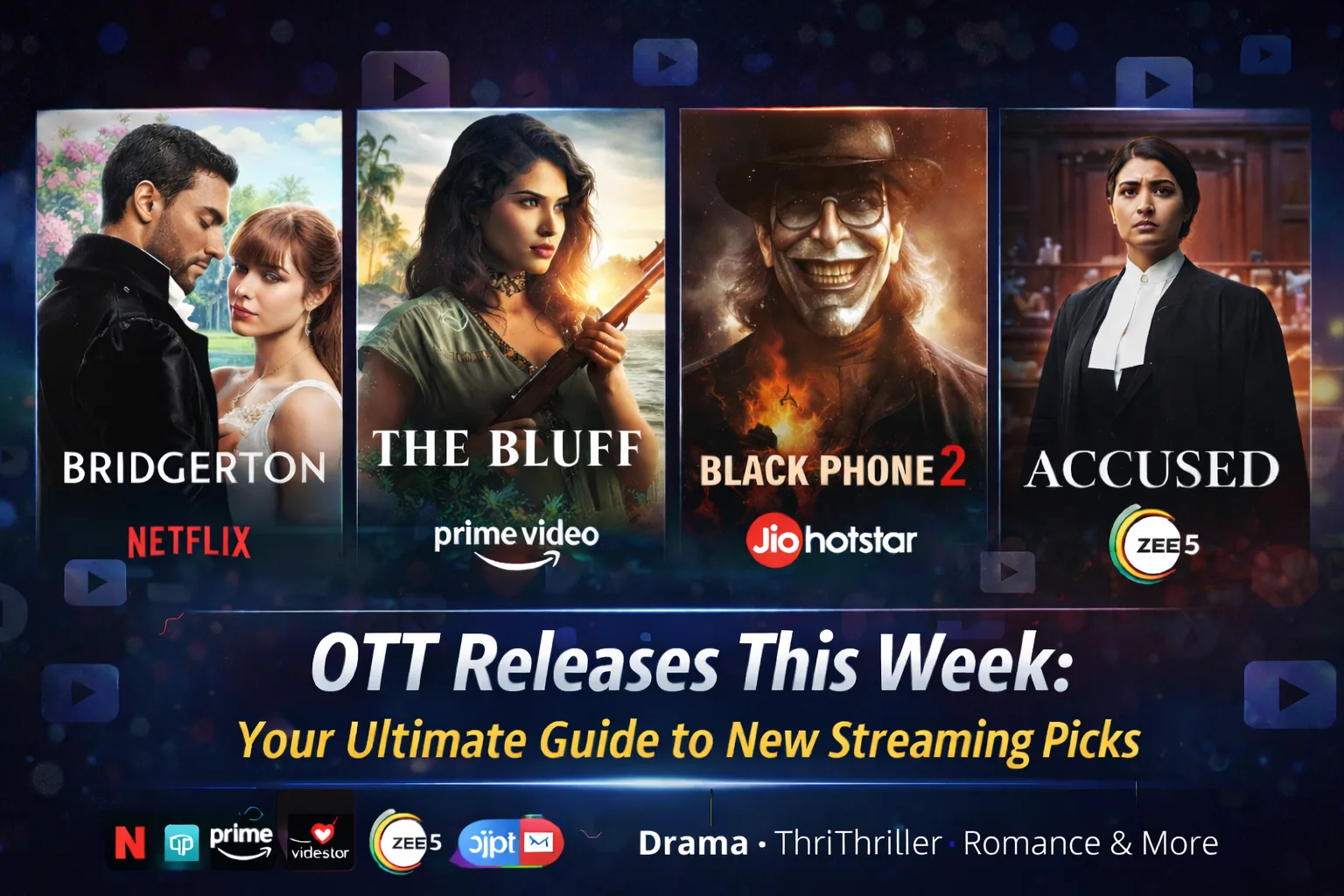



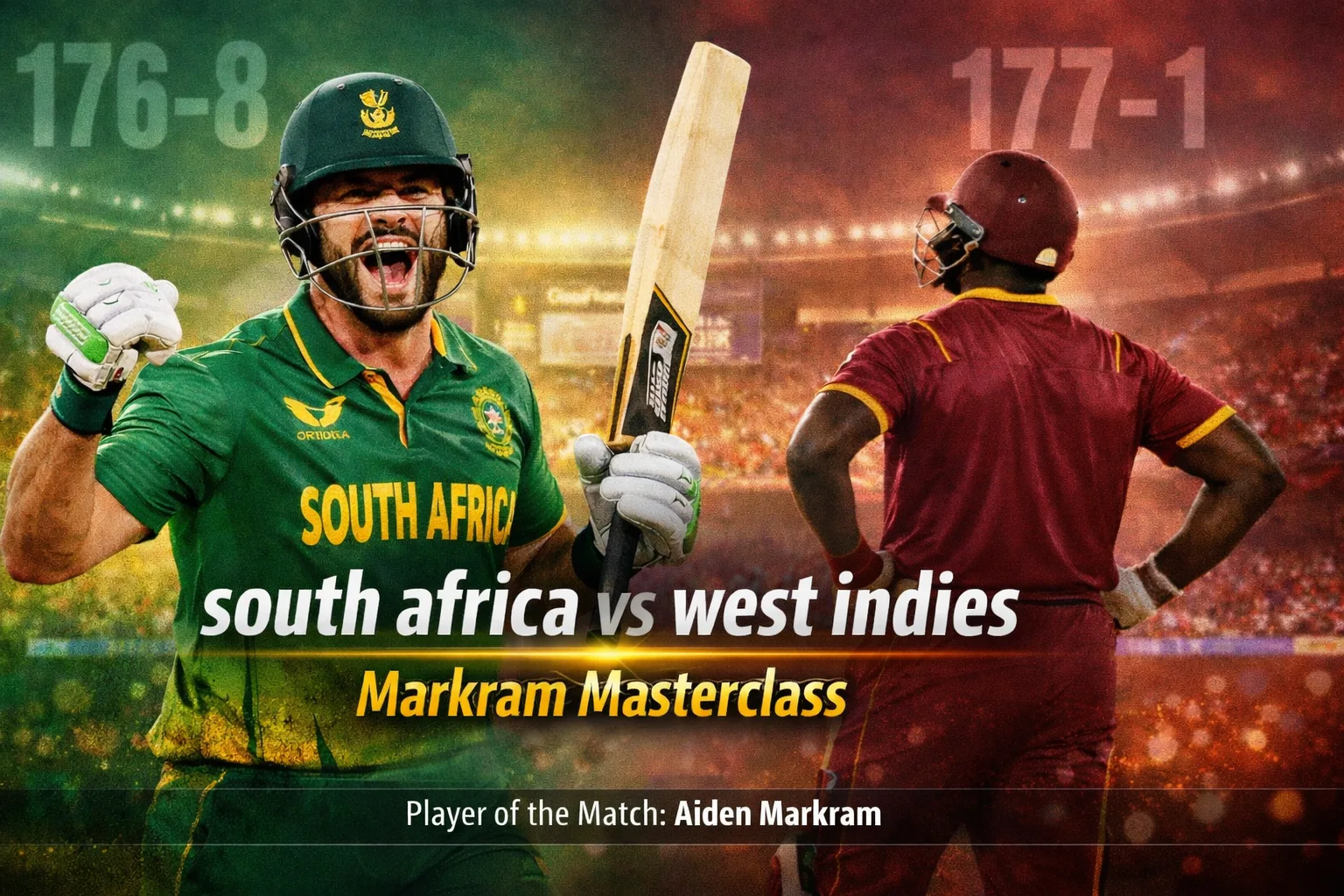
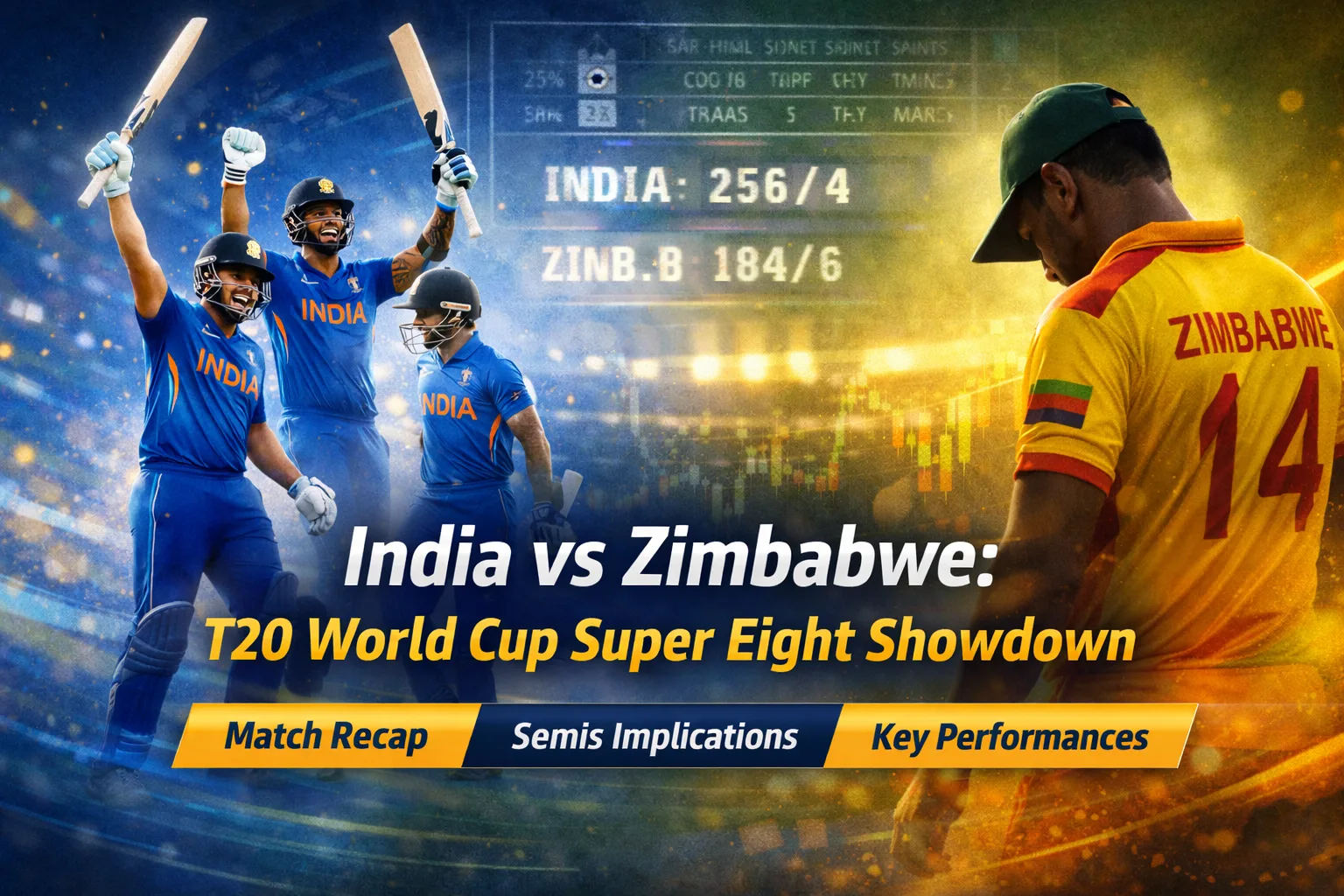

Join Us on Social Media!
Stay updated with the latest from EasyBuzz. Connect with us: